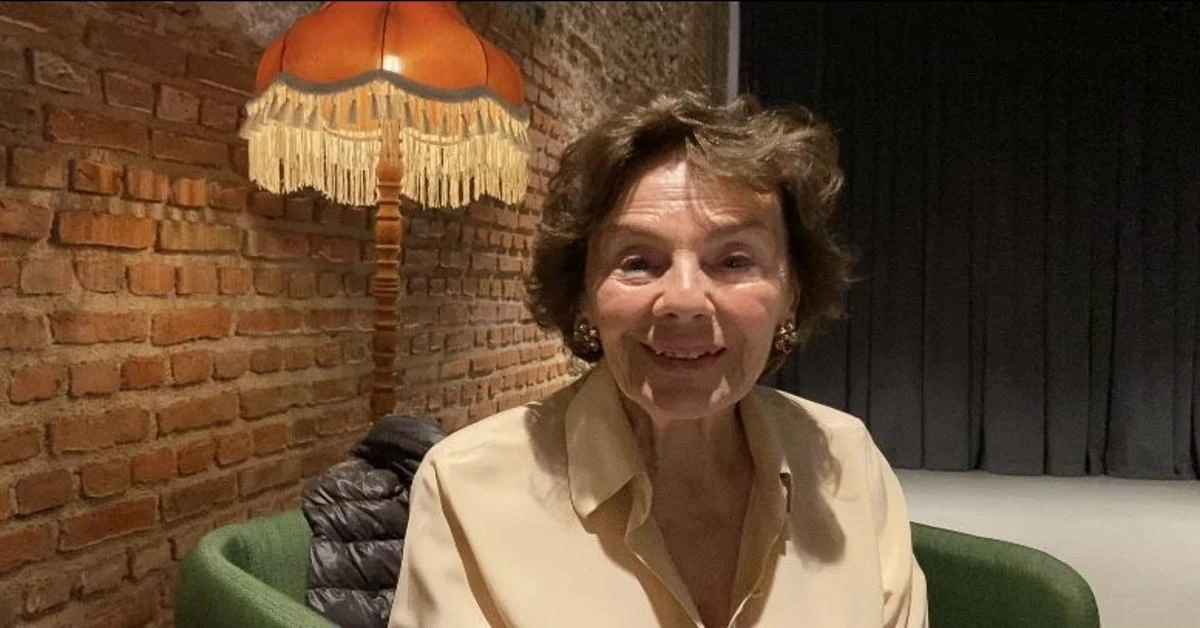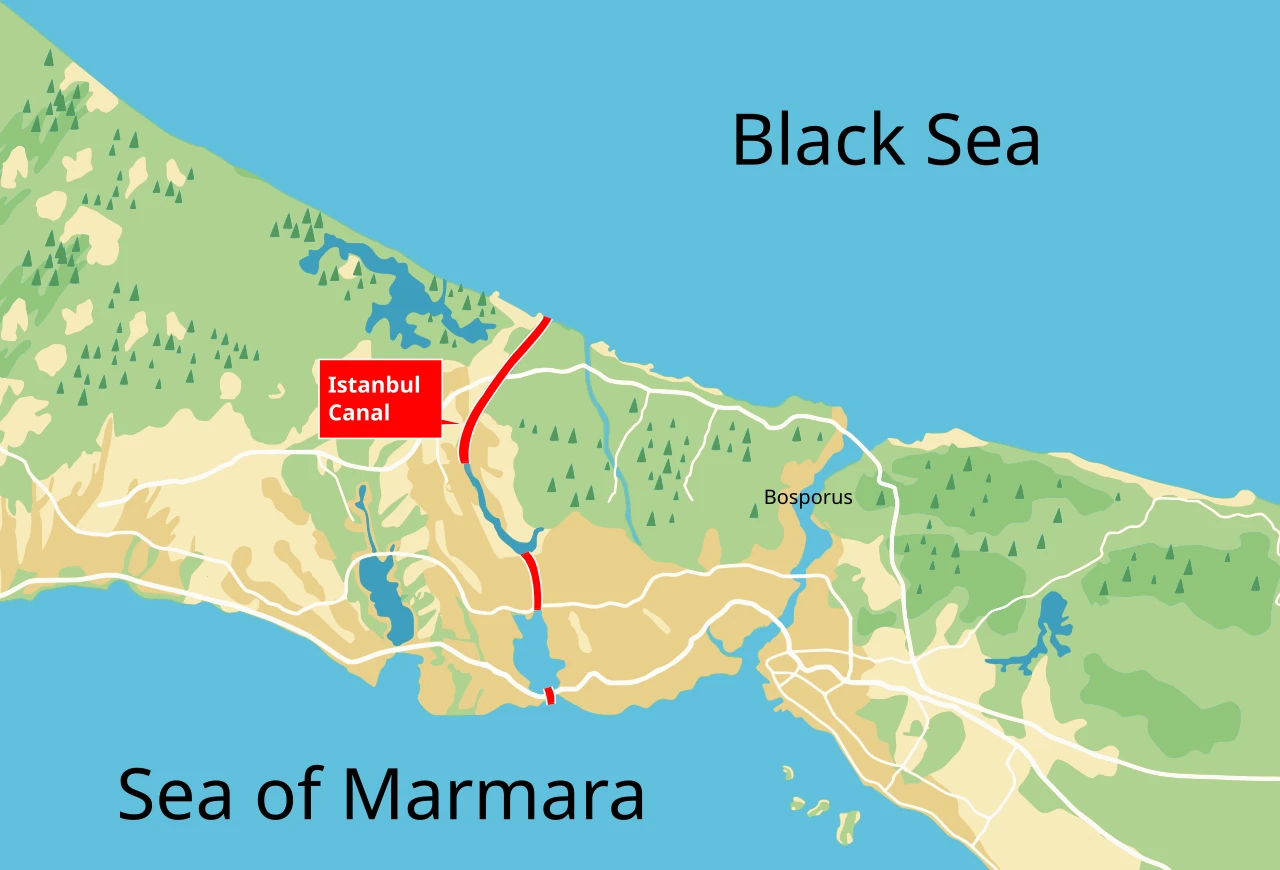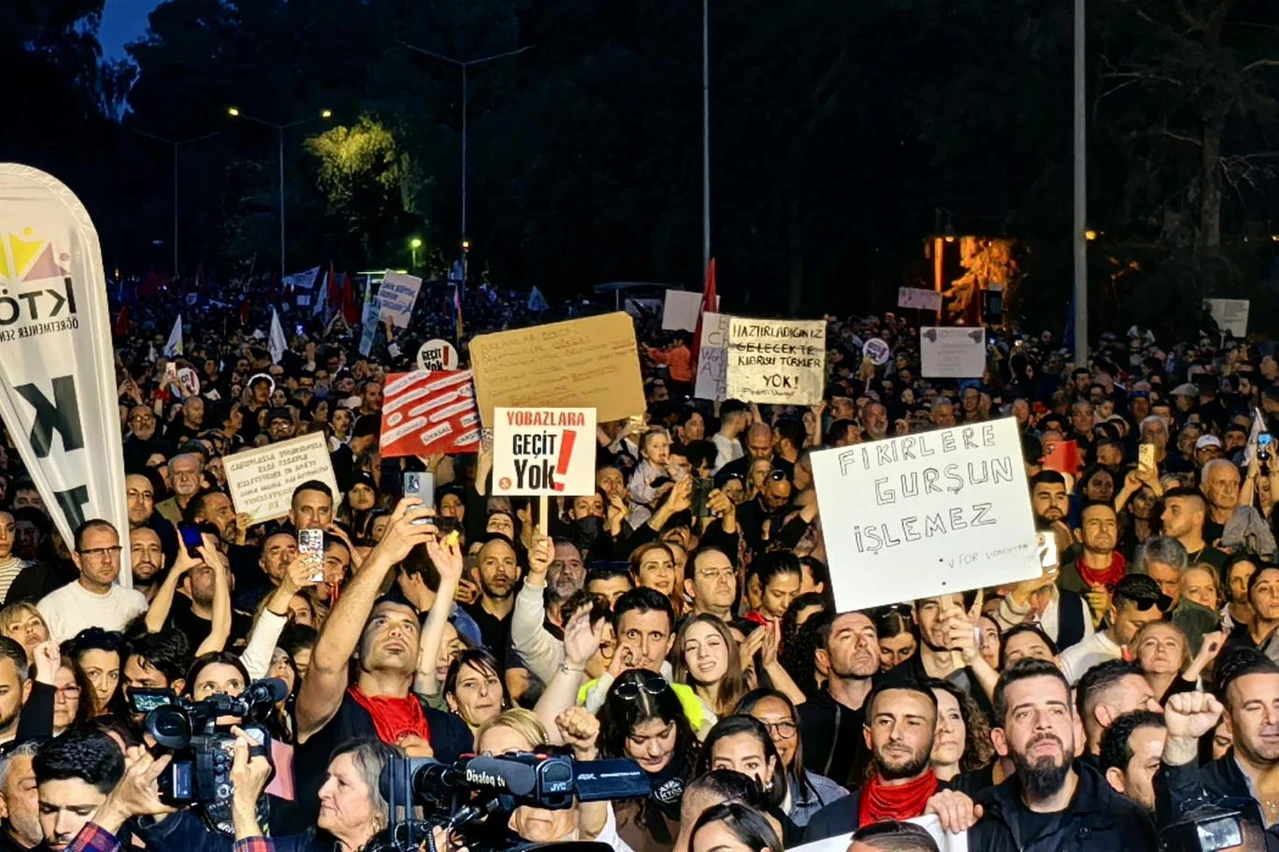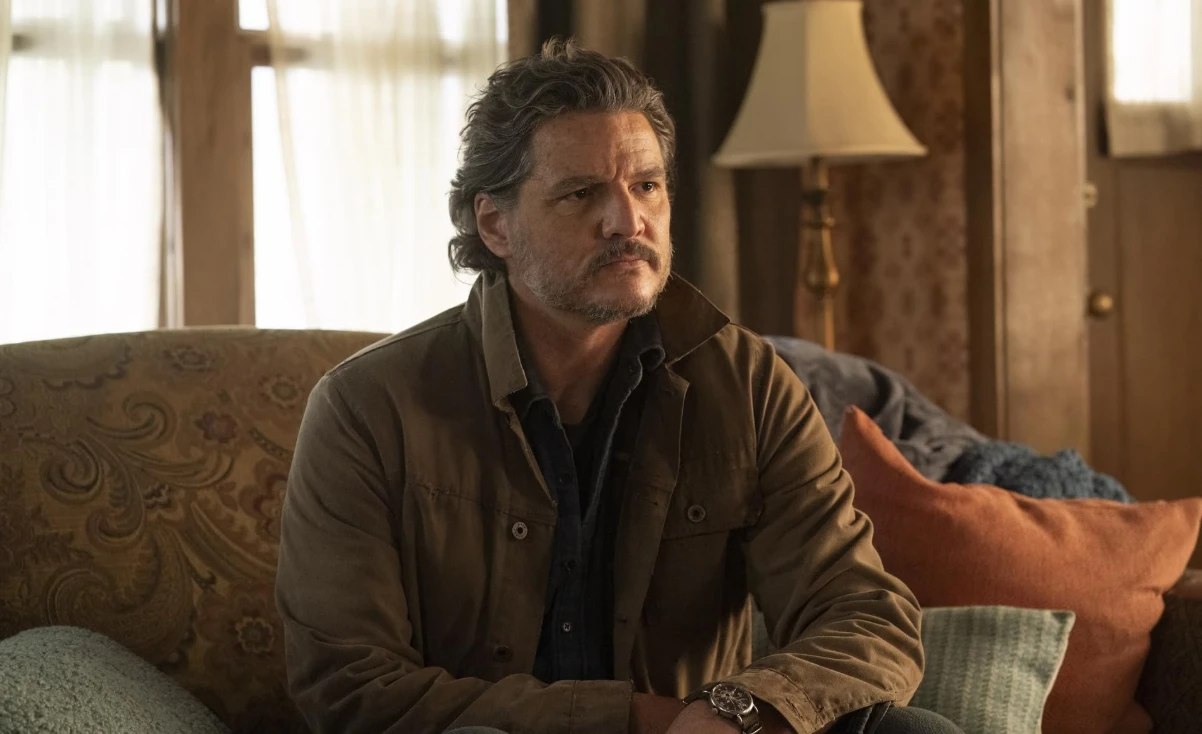From Ottoman legacy to journalism: Diverse journey of Kenize Mourad

EXCLUSIVE BY KEVSER ERBAY — Kenize Mourad, the granddaughter of Ottoman Sultan Murad V and a figure of profound historical significance and journalistic bravery, remarked, “Journalism has lost a lot of quality.” This poignant reflection on her career captures the essence of her insights.
In an exclusive interview with Türkiye Today editor Kevser Erbay in ArtIstanbul Feshane under the Organization Istanbul Metropolitan Municipality (IMM), Mourad delved into the rich and complex tapestry of her life from her unique heritage as the granddaughter of Ottoman Sultan Murad V to her daring career as a war correspondent.
Mourad reflects on her journey in journalism, noting a significant transformation over the years.
“I began my career as a journalist in 1970 and continued until about 1990, spanning roughly 20 years. Back then we had the luxury of time. We were given the opportunity to delve deeply into stories and to visit the locations firsthand. We were truly engaged in investigative journalism.” Mourad shares.
She laments the current state of the field, where economic constraints have diminished the quality of reporting. “Journalism has experienced a significant decline in quality. Many journalists aspire to provide meaningful news coverage, but they struggle to uphold the standards of good journalism,” she observes, highlighting the shift toward reliance on news agencies due to budgetary pressures.
A century after exile: Reflections on Ottoman legacy
Mourad also touches on the profound impact of the exile of the Ottoman royal family, marking its centennial. The exile brought untold suffering to her ancestors, with instances of suicide and desperation. Yet, Mourad has a different perspective.
“The exile profoundly impacted my ancestors, leading to severe hardship and suicides within my family. While I personally feel a sense of nostalgia for Türkiye, my homeland, my experience differs. Now that I have returned, I don’t feel that same nostalgia. Instead, I appreciate it. I find beauty in it at times while acknowledging its flaws at other times,” she muses, expressing a nuanced view of her heritage and the evolution from empire to the modern democratic landscape.
“I remain in contact with many of my family members, although, as is typical in any family, my feelings toward them are varied. Some I greatly respect and hold in high esteem, while others, not as much,” she stated, emphasizing her connections within the Ottoman lineage.
Indelible marks of wars
Mourad’s career as a war correspondent left her with vivid, sometimes harrowing memories, particularly from the Palestinian intifada or uprising and the Iranian revolution.
Witnessing the suffering of the people, seeing individuals being shot down, and finding myself in situations where I was in danger of being shot multiple times have all deeply impacted me. The Iranian revolution was also a remarkable experience for me. It stood out as profoundly different from any other political movement I had witnessed.
It marked the first instance in my lifetime where a religious-political movement spearheaded a revolution. It was a fascinating and highly interesting time. Additionally, I nearly was shot twice, which was undeniably frightening but also incredibly intriguing.You know, I believe life as a war correspondent is fascinating. We’re like children, drawn to adventure even though it can be dangerous. But we thrive on this sense of adventure.
Mourad emphasized
Mourad bears witness to the legacy of a fallen empire and has carved out a distinguished career as a war correspondent.



